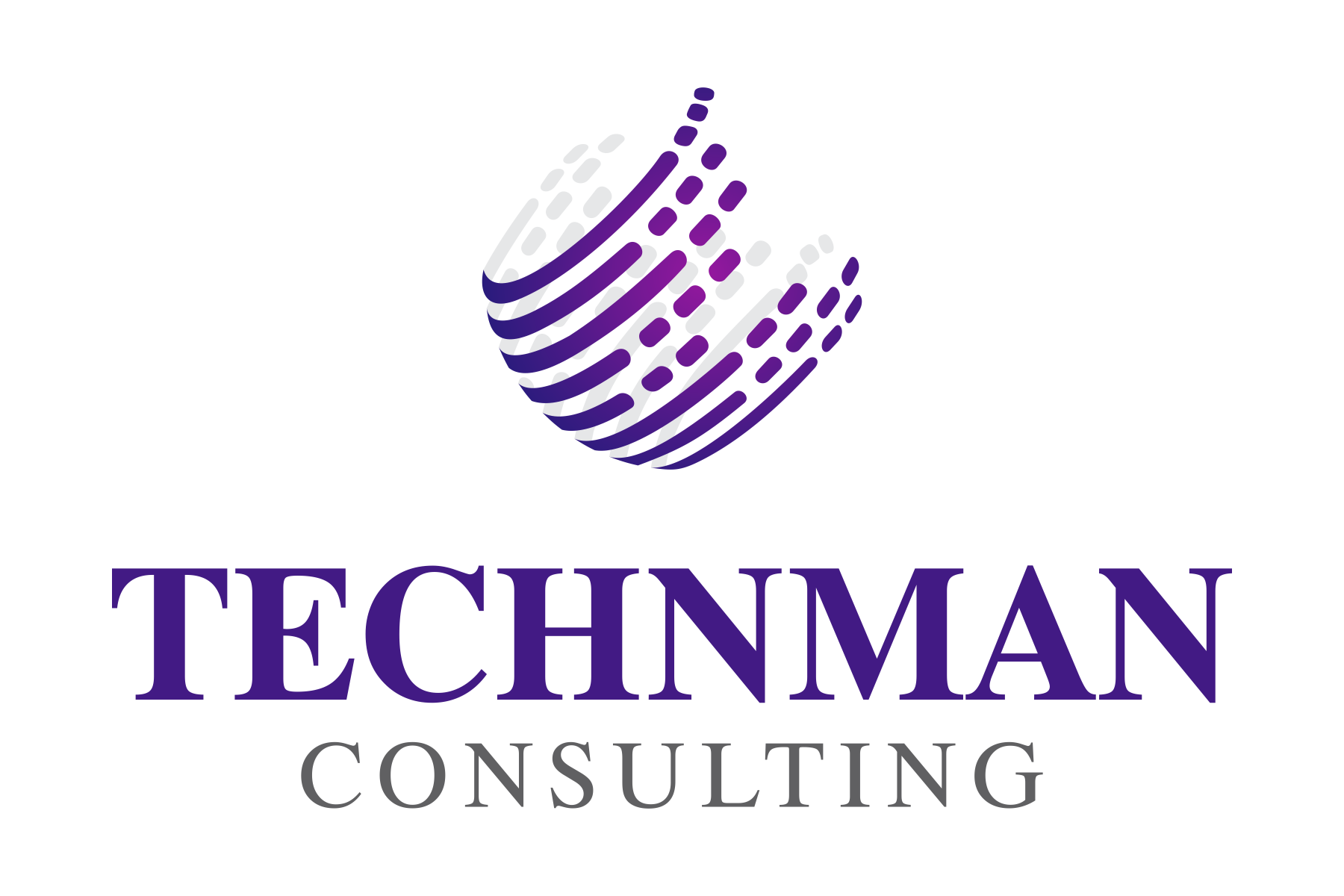The dynamic nature of the IT industry requires an individual to outline more points, if not anything else, than pure technical knowledge and hands-on experience, to remain competitive. In summary, a certification helps an IT professional stand out from the crowd, develop specialized skills, and showcase competencies. This guide gives you the reasons why certifications matter, how they boost your career, and some of the best certifications that you should give priority to as you go about your IT career.
Why Certification Matters within the IT Industry
Certifications are formal recognitions that you possess certain skills and knowledge in selected areas of IT. Whether you are starting out or an established IT professional, certifications will be helpful for several reasons:
- Competency Validation: Certification provides third-party validation of your skill and knowledge, assuring potential employers that you do possess the necessary expertise in a particular domain.
- Increased job prospects: With the advancement in technology, most organizations have set up requirements for certain certifications for specific positions in order to disseminate necessary skills in cloud computing, cybersecurity, and network administration.
- Higher Earning Potential: Most IT professionals who have certification tend to earn higher salaries as opposed to their colleagues without such qualifications. Certification provides one with specialized knowledge in which most employers are willing to pay more.
- Keep abreast of industry trends: The industry of IT is very fluid and dynamic; new technologies and methodologies emerge every now and then. Certifications help one stay updated and relevant in this fast-moving environment.
- Career Flexibility and Growth: Certification opens up new vistas of job responsibilities. It may enable you to change your focus area, move into leadership positions, or even transition into consulting.
How Certifications Boost Your IT Career
Above all, certifications can be crucial in taking your IT career further in several important ways:
- Building Your Resume: Certifications carry a lot of weight in your resume. Employers are bound to take a closer look at you once they notice those prestigious bodies like Cisco, CompTIA, or AWS have accredited you with a certification. That is very important at the early stages of your career when actual practical experience may be scarce.
- Building Specialized Expertise: The field of IT is so vast, from cloud computing to data management, cybersecurity, software development, and networking. By earning certifications in some domain, you are acquiring specialist knowledge in that particular area, hence your value to the employers who require that kind of ingenuity.
- Gain Industry Recognition: Some of these certifications are considered to be so good that, as soon as you have one, your status rises within the professional community. The CISSP or AWS Certified Solutions Architect certifications are generally recognized as a gold standard in their respective fields.
- Standing Out in the Crowd of the Job Market: Nowadays, with an oversaturation of the job market in the IT sector, there is hardly any distinction between different candidates. Certification showcases your dedication to lifelong learning and readiness to invest time in mastering something.
- Networking: Many certification programs have active networks between learners and professionals. Such networks open up possibilities such as interacting with just your kind of professionals, attending exclusive events, and even job opportunities that sometimes are not publicly posted.
Top IT Certifications to Consider
But if you are ready to invest in certifications, here probably are some of the most respected and valuable across all varieties in IT:
Cloud Computing Certifications
- AWS Certified Solutions Architect: This is one of the on-demand cloud architecture certifications for those who want to build their careers in cloud architecture. AWS is leading the cloud space; hence, the certification holds immense value.
- Microsoft Certified: Azure Solutions Architect Expert: This is one of the key certifications for demonstrating expertise in designing Azure-based systems in case one tends towards cloud solutions by Microsoft.
Certifications in Cybersecurity
- CISSP Certification: Being one of the best-known credentials in the field of cybersecurity, a CISSP is right for individuals in their information security management careers.
- Certified Ethical Hacker: Due to the ever-increasing threat to cybersecurity, ethical hacking is becoming of foremost importance. This certification will guarantee your capability to find any loopholes in a system and hence can serve as the perfect fit for a penetration tester.
Networking Certifications
- CCNA: Network engineers highly regard it as one of the most prestigious certifications. This certification is an excellent starting point within networking.
- CompTIA Network+: The certificate is targeted at developing the necessary foundational knowledge and skills in networking concepts, protocols, and standards, using a vendor-neutral approach.
Data Science and Analytics Certifications
- Google Professional Data Engineer: Data science is among the fastest-developing areas in IT, and such a type of certification helps confirm your skills in handling and processing data in cloud-based solutions.
- Certified Analytics Professional: The CAP is designed for the professional who wants to demonstrate their credibility in converting data into actionable insights; that makes it highly relevant to business intelligence and analytics roles.
DevOps Certifications
- AWS Certified DevOps Engineer: This level of certification is expected for those DevOps who would like to demonstrate the skills of automation of processes, continuous delivery system management, and providing infrastructure as code.
- Microsoft Certified: DevOps Engineer Expert: This certification proves one’s skill in being able to demonstrate how to simplify processes of software development and operations by the use of Azure for IT pros using Microsoft technologies.
Project management certifications
- PMP: PMP certification helps an IT professional in the project management role. It is recognized across many industries and helps in managing large-scale projects effectively.
- Certified ScrumMaster (CSM): IF you work in an agile environment, proves your ability to lead Scrum teams and manage agile processes.
How to Choose the Right Certification for Your Career
Therefore, it all depends on which certification you choose for your career goals, current skill level, and industrial demands. Here’s how you can make the right choice:
- Evaluate Your Career Goals: Where will you want your IT career to go? If you aspire to a management role in cybersecurity, then CISSP may be the right direction to go. If your interest goes to cloud computing, then AWS certifications could be still the best bet.
- Understand the demand of the industry: Research what employers in your area or industry are most interested in regarding a certification. Check job postings to see any certifications that are repeatedly listed in requirements or preferred qualifications.
- Consider Your Existing Skill Level: If one is a fresher, this means that entry-level certification, like CompTIA A+ or Google IT Support Professional, will provide a very sound, fundamental beginning for that candidate. More experienced professionals can subsequently go for advanced technology-specific or management-skilled courses of certification.
- Weight the Costs and Time Commitment: A few of these certifications come with deep pockets and take a lot of time. Make it a point to weigh the cost of getting the certification against any potential salary increase or jobs it may bring. For example, whereas a CISSP may cost you a couple of thousands of dollars, it may bring with it higher incomes in some future jobs.
Certifications are a Smart Investment for Your IT Career
Certifications pay and are thus a smart investment in your IT career. Certification can be quite instrumental in trying to get into the IT field or considering career building. It offers new skills acquisition, proof of expertise, and access to more different job opportunities. In general, since the sphere of IT is in constant development, investments in relevant certifications will seamlessly prepare one for the future and keep them competitive. Relevant certifications selected on the basis of your career goals and market demand may add great worth to an IT career and open up new exciting avenues.





